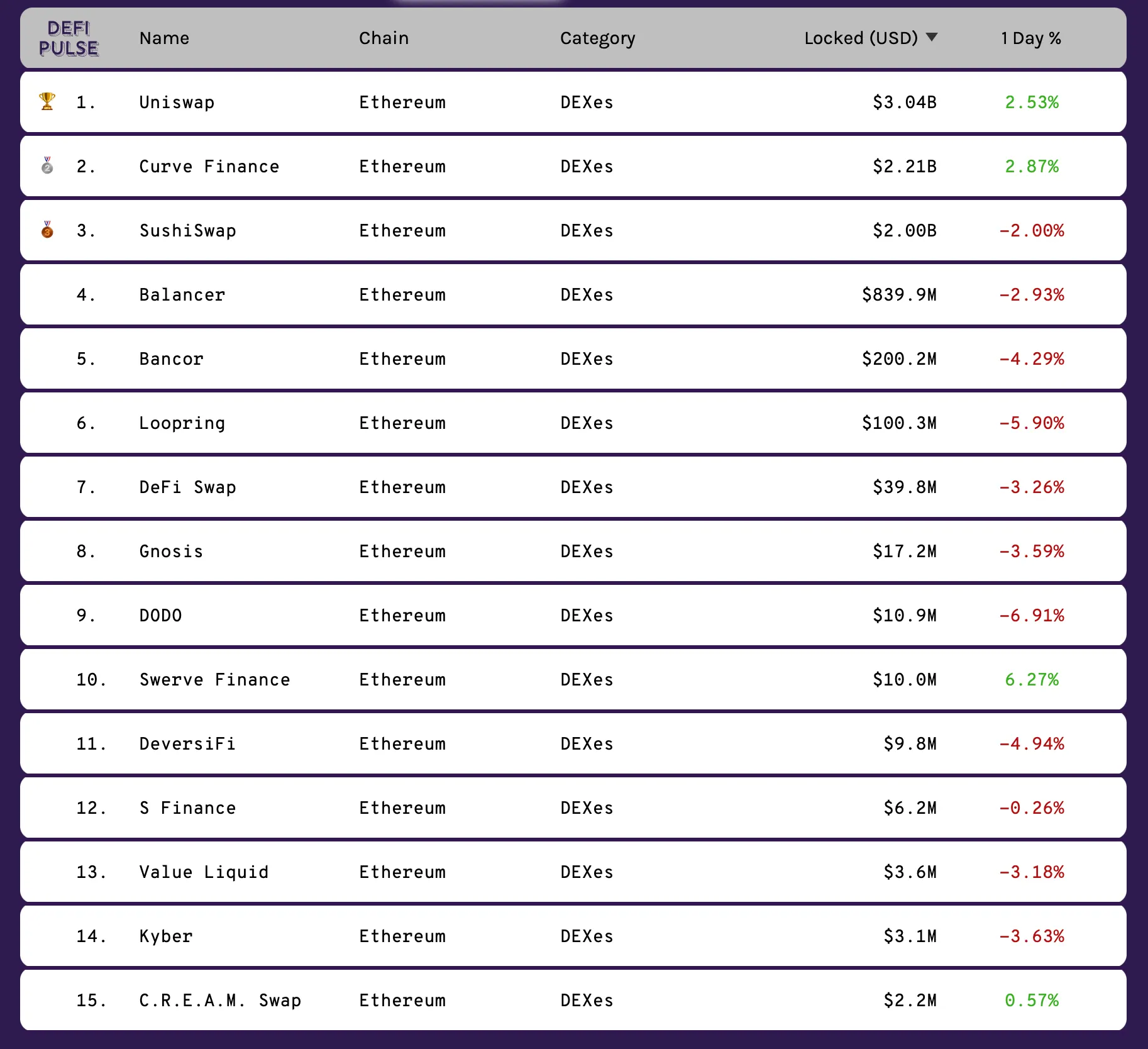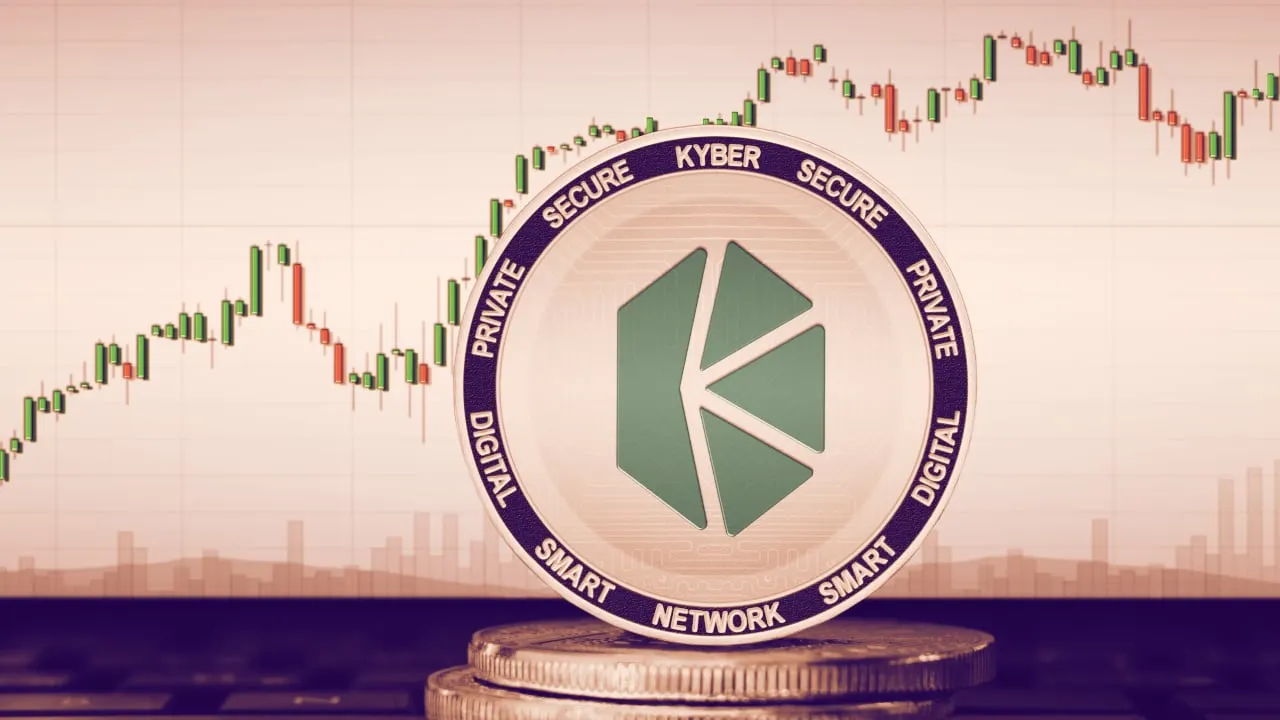In brief
- Kyber Network has announced plans to upgrade the protocol to Kyber 3.0, adding features like networked liquidity pools and dynamic fees to the platform.
- Kyber is permissionless but not as “decentralized” as DEX like Uniswap; it uses more complex smart contracts.
- Kyber 3.0 aims to reduce or eliminate impermanent loss for DeFi liquidity providers.
Kyber Network is aiming to expand the network of liquidity markets with its Kyber 3.0 upgrade in a bid to compete with other exchanges such as Uniswap.
Kyber Network, a DeFi exchange for Ethereum-based tokens, announced today plans for the upgrade to Kyber 3.0. The upgrade, it says, will protect liquidity providers from losing out during price volatility. Kyber is also planning a governance vote on changes that would add greater utility to its native KNC token.
The upgraded Kyber architecture will enable networking custom liquidity pools for permissionless token trading, intended to spur additional innovation in the DeFi space. The networked pools should make it easier for DeFi applications to access liquidity across the Kyber network with reduced gas fees and slippage.
“Kyber 3.0 will remove existing barriers to growth and allow Kyber to create value for the myriad possibilities in DeFi,” Kyber Network co-founder Loi Luu said in a press release.
“Kyber will become a hub for liquidity innovation and growth, with the new Dynamic Market Maker (DMM) as the first major development for the space. KyberDAO's ability to drive and capture value from all the innovation in the network will be greatly amplified as well.”
DeFi, short for decentralized finance, represents a group of protocols built to provide financial products and services like loans, token swaps, and interest-bearing deposits using automated code known as smart contracts. By running smart contracts on decentralized networks like the Ethereum blockchain, DeFi applications reduce overhead and enable equal participation without the centralized control of banks.
Compared to some DeFi exchanges, such as Uniswap, Kyber is permissionless but not completely decentralized, using more complex smart contracts to route trades and allow features like limit orders.
But it’s that same smart contract design that should allow Kyber 3.0 to dynamically price trading fees based on market volume and volatility. Kyber claims those and other changes will help prevent arbitrage-based losses during price volatility suffered by liquidity providers in DeFi markets, known as impermanent loss.

Kyber will discuss proposed upgrades to the protocol, including a token migration to an upgraded KNC protocol token, in the coming weeks, with the Kyber 3.0 rollout expected to be completed before the end of Q3 2021.
Kyber currently captures less than 5% of the DeFi exchange market, so the pending upgrade could help grow enthusiasm within the community and attract more traders and liquidity to the Kyber Network.

